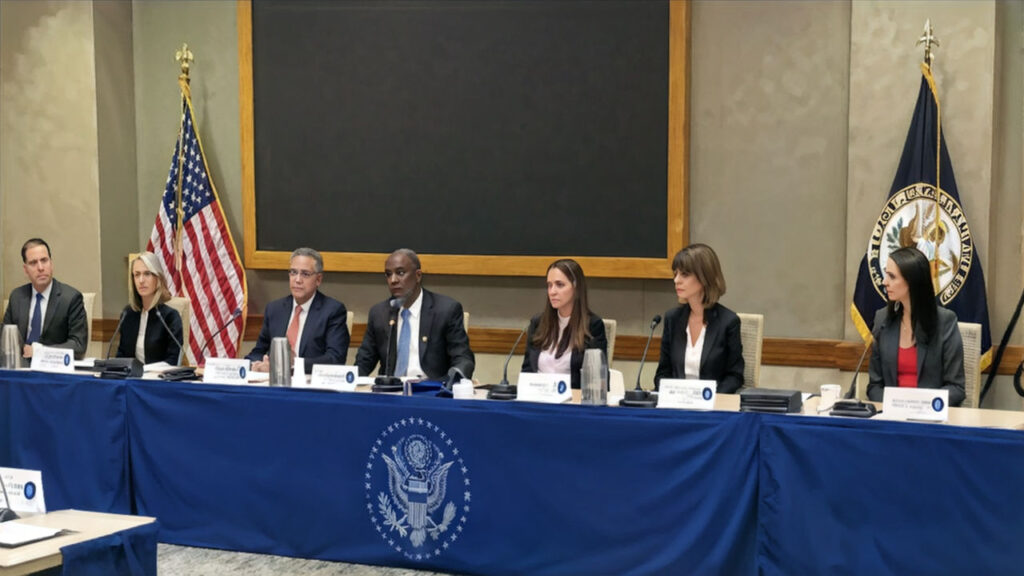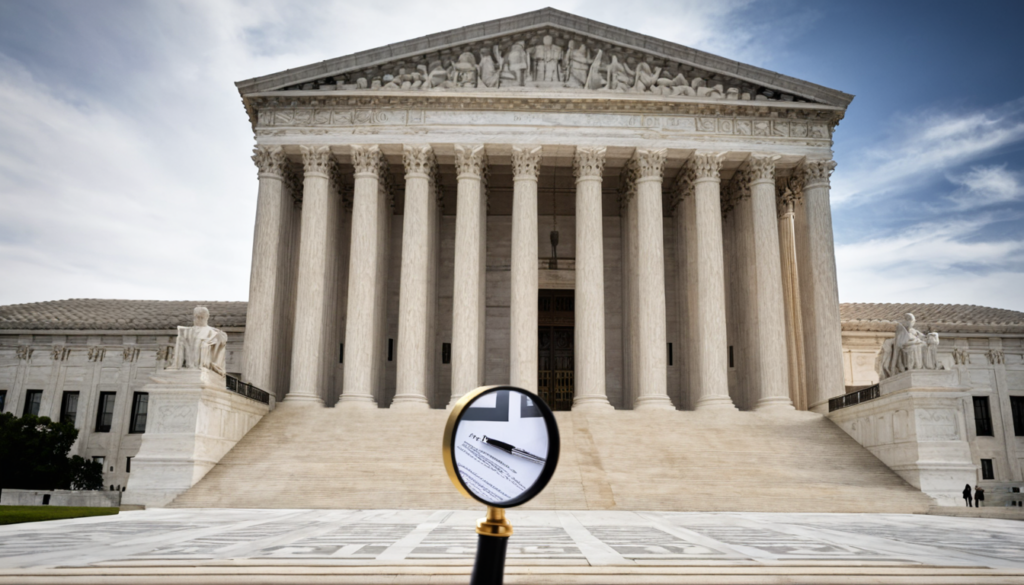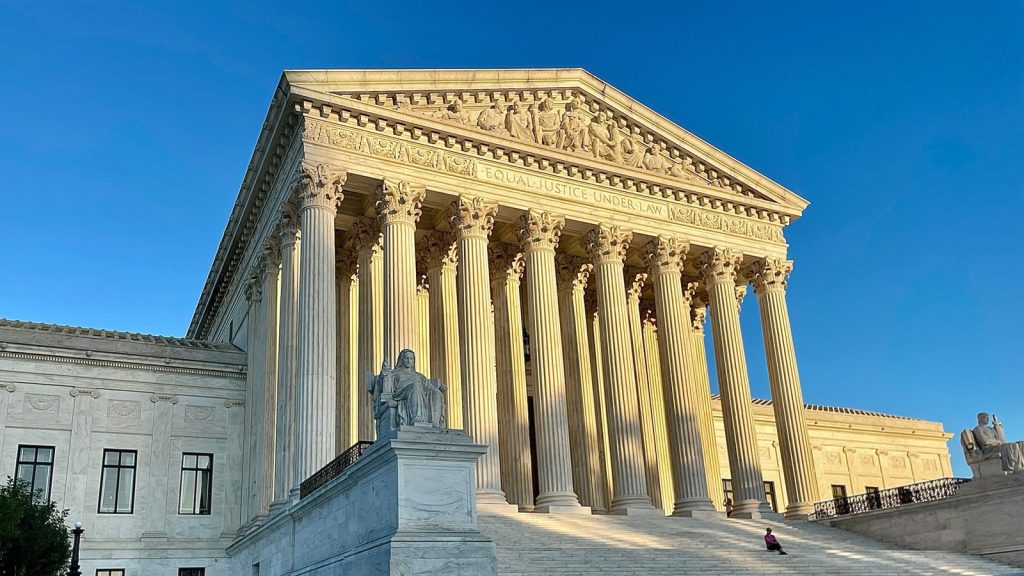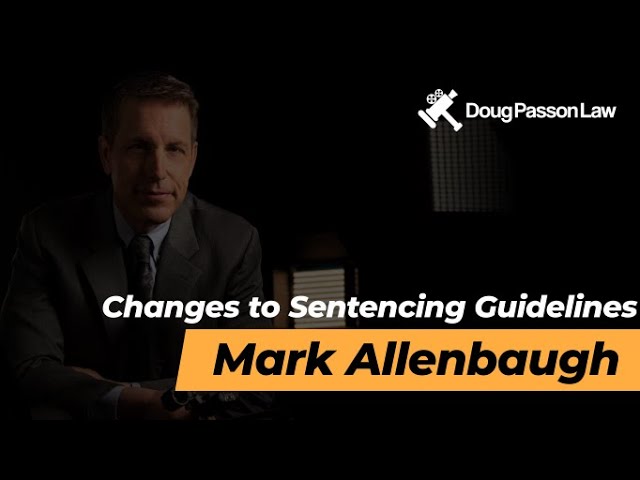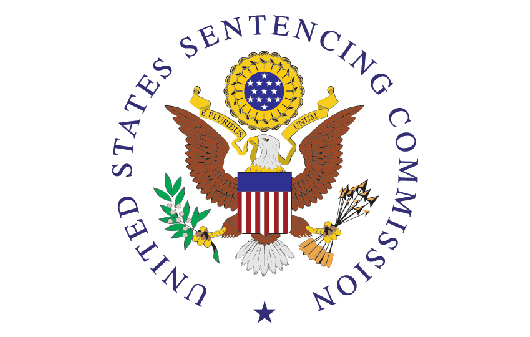Biden’s Final Days: Examining the Pardon Power
As President Biden’s term wraps up in January 2025, his active use of executive pardons and commutations has drawn significant attention. In just the last month, Biden has issued numerous pardons, highlighting both the potential and the flaws of the U.S. pardon system. While some applaud his efforts to address injustices, critics point out that the system remains broken, leaving many deserving inmates without relief.



